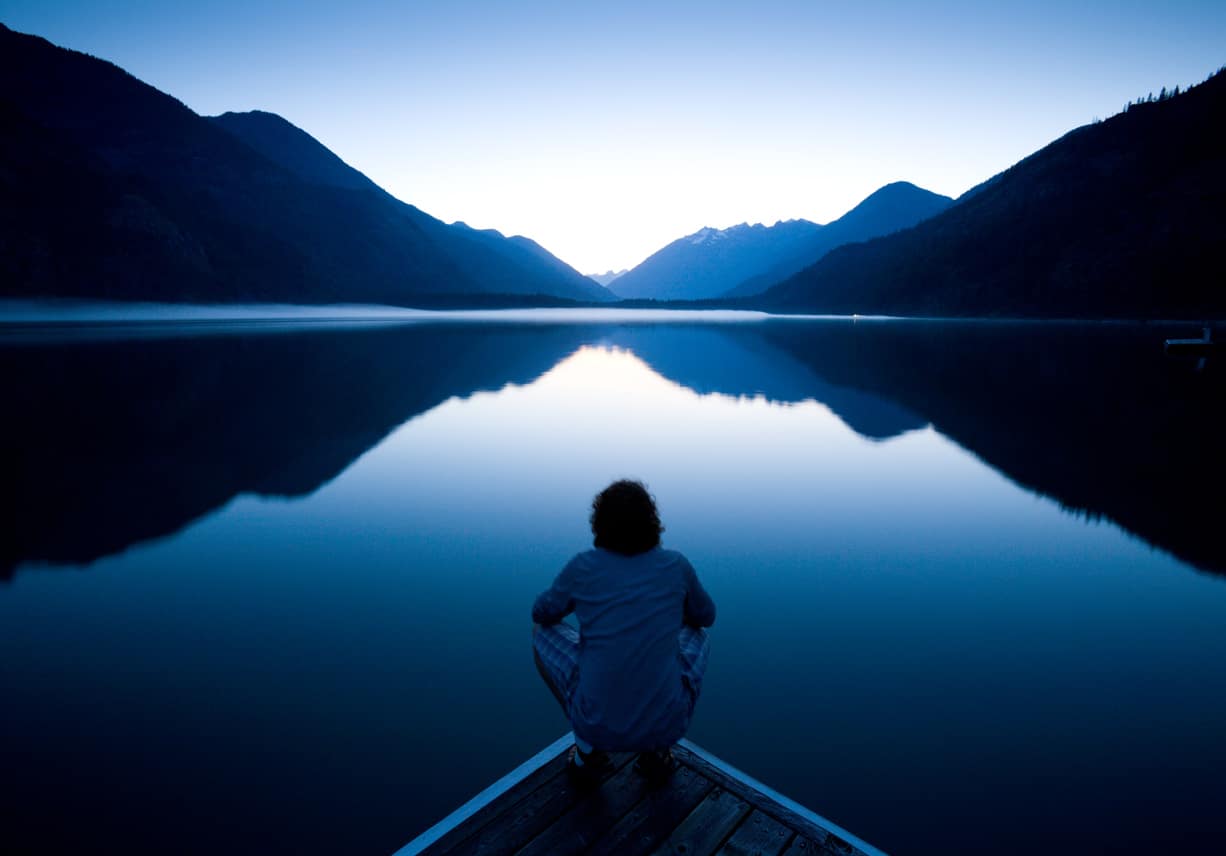Empathy and compassion will be essential qualities for leaders in a post-COVID-19 world. These ways of being can not be learned, but founder of Authentic Investor, Rob Lake, discusses three ways to cultivate them.
Not surprisingly, and quite rightly, there is no shortage of discussion among individuals, within organisations, in the press and on the internet about what kind of world we will see when the coronavirus subsides; and of what kind of world we want to see. A return to the business as usual we knew before the crisis? A continuing restriction of some of the freedoms that people in most countries where this article will be read have lost? Or a society and an economy marked by greater concern and care for the disadvantaged and more regard for the natural world? We don’t know with certainty of course. But significant change seems likely. Even The Financial Times has said that ‘radical reforms need to be put on the table’.
Investment decisions help to shape the world. The leaders of investment organisations will bear a great responsibility for which of these paths we take. It seems pretty clear that the post-corona world will need investment leaders with a very high degree of empathy – an even greater ability than good leaders have now to tune into the circumstances and expectations of others, within and outside their organisation. And this empathy will have to be accompanied by compassion: a genuine desire to serve others, to meet their needs and to relieve suffering.
Empathy and compassion are not techniques that can be learned. They are not things we ‘do’; they are ways we ‘be’. Actions that embody empathy and compassion emerge from the presence and experience of these states. The doing follows the being.
If these qualities are desirable, even necessary for the world after COVID-19, but they cannot be learned, what can we do? Fortunately, there are ways we can cultivate them and encourage them to emerge. Here are three suggestions.
While you’re under lockdown, working from home, do less and be more. Instead of complaining that your children or partner are interrupting your important Zoom calls, enjoy your time with them. Get to know them better. The crisis is a golden opportunity radically to alter your work/life balance. Try new things. (I’ve been discovering online singing; and making bread for the first time in around 20 years, and muffins for the first time ever.) Rediscover the human being behind your job title and behind the professional identity that we so often wear like a mask in the office. Enjoy being that person.
Read things you wouldn’t normally read. Explore new perspectives. Deliberately expose yourself to alternative world views. Try people like Charles Eisenstein or Zachary Stein. You don’t have to agree with them; but they will stimulate new thinking. The future will need new thinking.
Be still and listen to the world around you, and to yourself, in new ways. One day in the first week of the lockdown in the UK, the first sound I heard when I woke up in the morning was the call of a green woodpecker – not the usual distant rumble of the ringroad around the city where I live. Enjoy nature. Seismologists who study signals from the Earth’s interior are now detecting those signals more easily because of the dramatic reduction in the noise caused by traffic, public transport and other human activity at the Earth’s surface. With the noise of office life reduced, perhaps we can detect signals from deep inside ourselves more easily now too – the signals that come from our fundamental sense of what is right. If you have a mindfulness or meditation practice, or an equivalent in your own faith or tradition, give more time to it. If you don’t have one, give it a try. Here’s a simple introduction.
After a while, these practices might start subtly to change how you see the world, in ways that will help you and your organisation meet the challenges both of the present situation and of the world that will follow it. You might come to look in a new way at the interconnectedness of the pandemic with biodiversity loss and environmental destruction. Or at the social inequality that means pandemics hit the poor hardest but which also accelerates the spread of disease for all. And of course at the climate crisis, which has not gone away while the pandemic rages.
When coronavirus and COVID-19 abate, do the right thing. You will know what that is. It may be different from what you have done before; perhaps very different. Have the courage to do it. Be a good leader.
Rob Lake is founder of authenticinvestor.org



